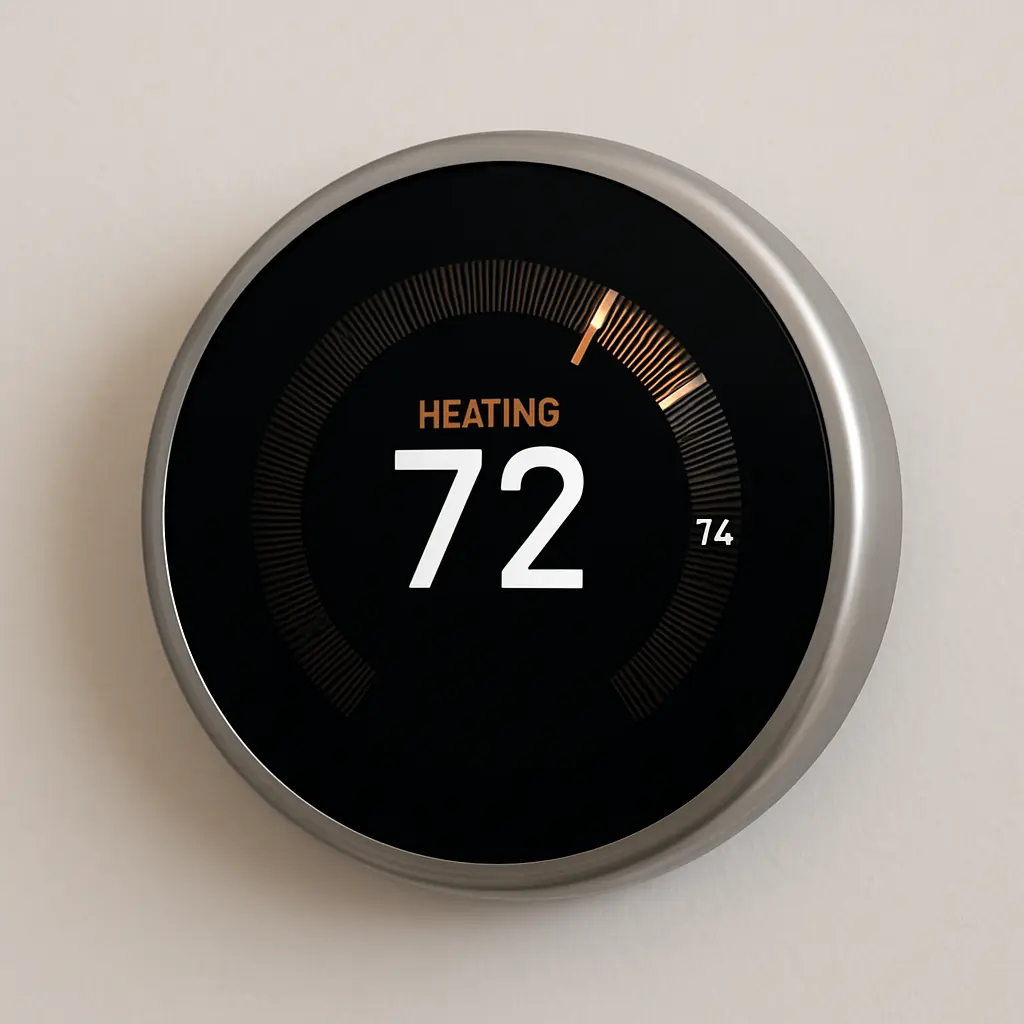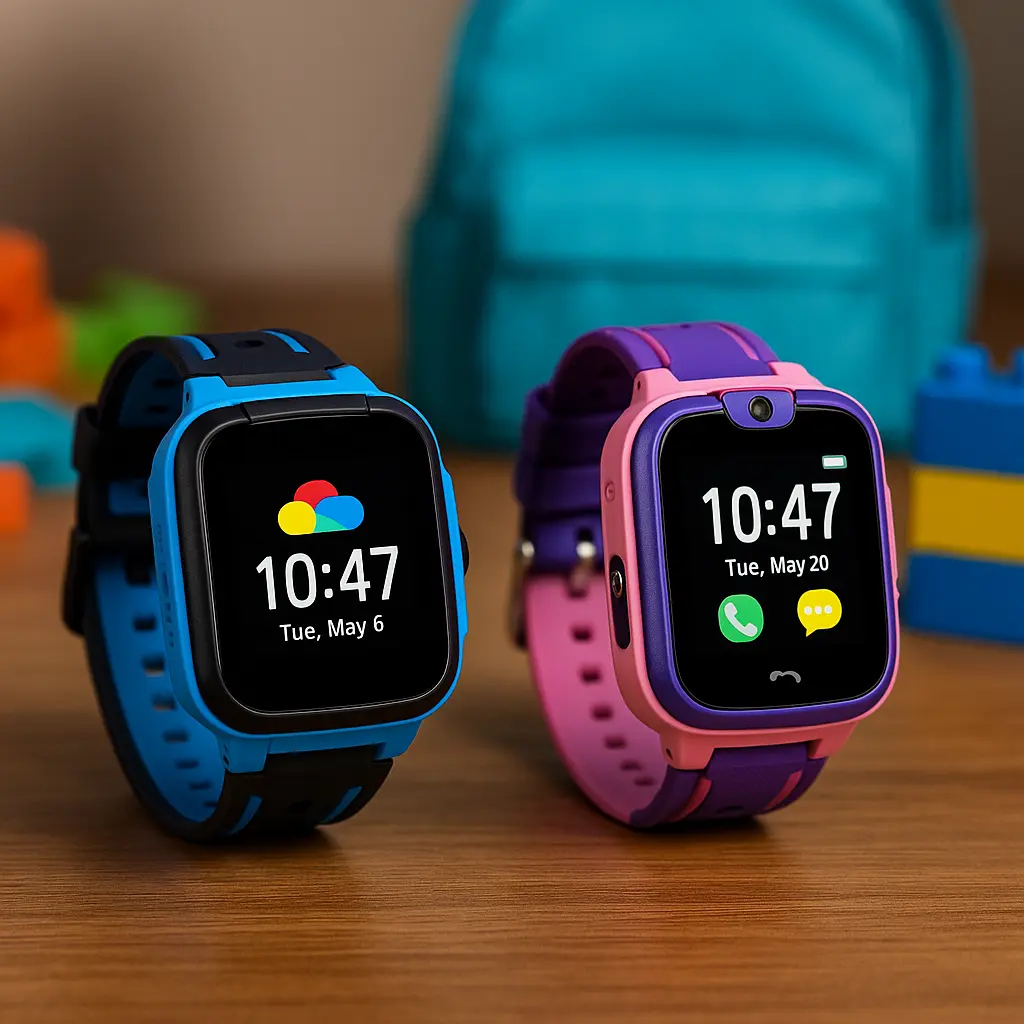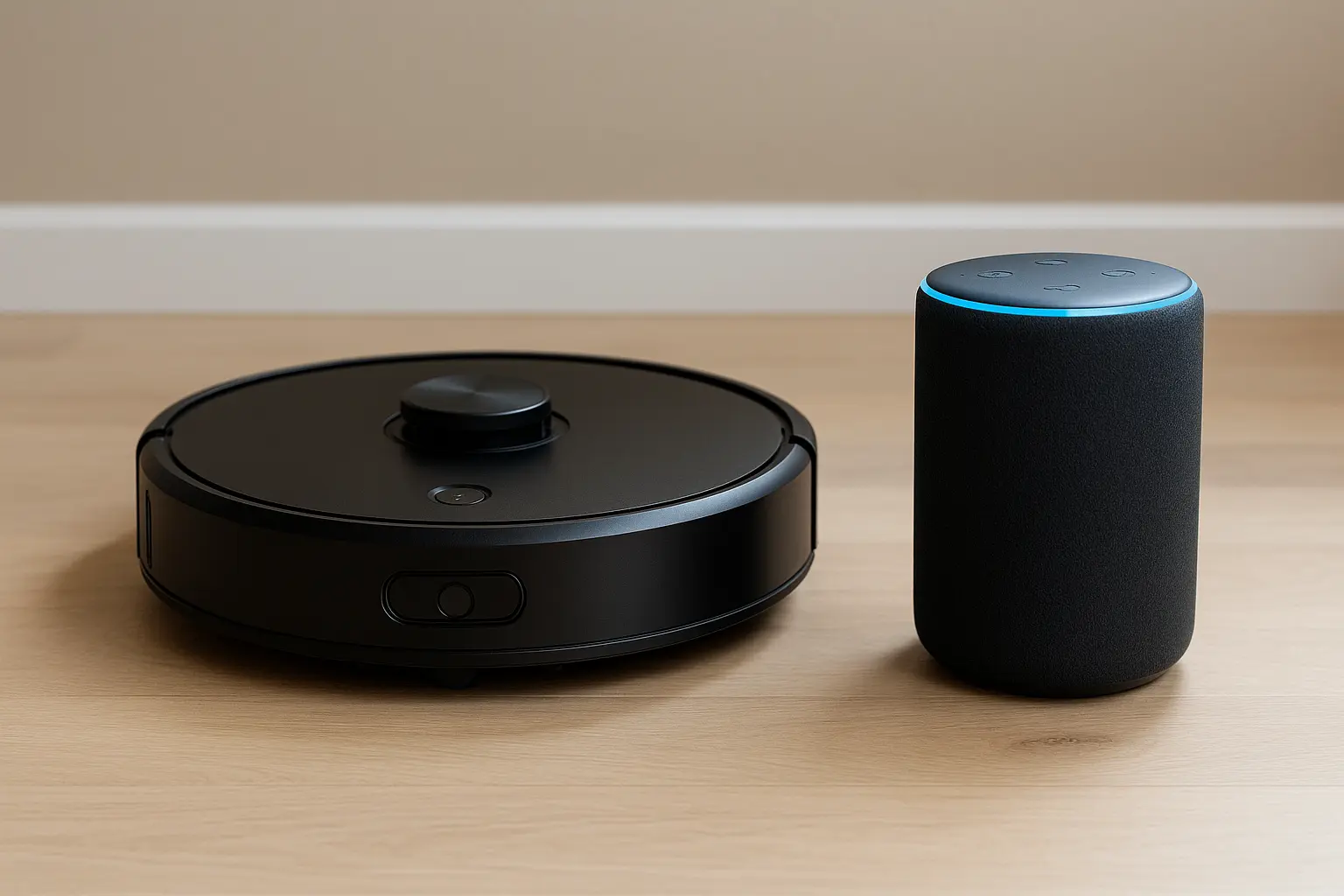How to Set Up Dual Monitors with Your Laptop [2025 Guide]
Contents
- 1 Want a smoother workflow in 2025? Here’s how to easily set up dual monitors with your laptop – no tech degree required.
- 2 1. Can Your Laptop Support Dual Monitors?
- 3 2. What You’ll Need for Dual Monitor Setup
- 4 3. Methods to Connect Two Monitors to a Laptop
- 5 4. Step-by-Step Setup (Windows & Mac)
- 6 5. Display Arrangement & Tips
- 7 6. Common Problems & How to Fix Them
- 8 7. Best Accessories to Improve Setup
- 9 8. Bonus: Use Your Old Laptop as a Second Monitor
- 10 9. Comparison
- 11 10. Final Thoughts
- 12 Frequently Asked Questions
Want a smoother workflow in 2025? Here’s how to easily set up dual monitors with your laptop – no tech degree required.
In the era of remote work, content creation, and digital multitasking, a dual monitor setup isn’t just a luxury — it’s a productivity game-changer. Whether you’re editing videos, working with spreadsheets, or gaming, having two screens can dramatically improve your workflow.
But here’s the good news: you don’t need a fancy PC or complicated tech skills to do it. In this guide, we’ll walk you through how to set up dual monitors with your laptop, what tools you need, and how to troubleshoot common issues — step by step.
1. Can Your Laptop Support Dual Monitors?
Before buying any cables or accessories, check if your laptop supports dual external displays. Here’s how:
Windows: Right-click on the desktop > Display settings > Scroll to “Multiple Displays”
macOS: Apple Menu > System Settings > Displays
Check your ports:
HDMI or mini HDMI
USB-C with DisplayPort support
Thunderbolt 3/4
If you have only one video-out port, don’t worry — we’ll show you how to use docking stations or splitters.
2. What You’ll Need for Dual Monitor Setup
Here’s a quick checklist:
Two external monitors
HDMI or DisplayPort cables
USB-C to HDMI adapter or Docking Station
Optional: HDMI splitter (mirrors the same display)
3. Methods to Connect Two Monitors to a Laptop
Option 1: Use a USB-C Docking Station
Most modern laptops (especially ultrabooks) support video output via USB-C. Just plug into a USB-C dock with dual HDMI or DisplayPort outputs.
Option 2: HDMI + USB-C Combo
If your laptop has both HDMI and USB-C with video support, you can use each to connect one monitor.
Option 3: HDMI Splitter
Important: Splitters typically duplicate the display — not extend it. Only use this if you want the same image on both screens.
Option 4: Wireless Display (Windows/Mac)
Use Windows Wireless Display or macOS Sidecar/AirPlay to connect to compatible displays or iPads.
4. Step-by-Step Setup (Windows & Mac)
Windows 10/11
Plug both monitors into your laptop
Press
Win + PSelect display mode: Extend is most popular
Go to Settings > System > Display to adjust positioning
macOS
Plug in monitors
Go to System Settings > Displays
Drag monitor icons to match physical layout
Choose to mirror or extend
5. Display Arrangement & Tips
Position monitors in settings to match your desk layout
Adjust resolution and scaling for consistency
Use monitor arms for better ergonomics
For productivity, place the primary display in front, secondary to the side
6. Common Problems & How to Fix Them
Monitor not detected: Reconnect, restart, or update drivers
Second screen blank: Check resolution settings or cables
Display flickering: Try another port or use a quality cable
Scaling issues: Use 100%, 125%, or 150% scaling in display settings
7. Best Accessories to Improve Setup
Want a clean, clutter-free setup? Here are some top picks:
[Anker 577 Thunderbolt Docking Station] – dual 4K monitor support
[Baseus USB-C Hub with HDMI] – budget-friendly & compact
[LG 27UP850-W] – best for work-from-home users
[Ergotron LX Monitor Arm] – for ergonomic positioning
(internal link ke artikel rekomendasi produk docking & monitor akan disisipkan di versi blog)
8. Bonus: Use Your Old Laptop as a Second Monitor
Yes, it’s possible. Try:
Windows: Use “Project to this PC” from Settings > System > Projecting
macOS/iPad: Use Sidecar to extend your Mac display
Apps: Duet Display or Spacedesk for cross-platform support
9. Comparison
| Product | Video Outputs | Power Delivery | Compatibility | Price Range |
|---|---|---|---|---|
| Anker 577 Thunderbolt Dock | 2× 4K HDMI / DP | 85W | Windows, macOS | $250–$300 |
| CalDigit TS4 Dock | 2× DisplayPort / HDMI (adapter) | 98W | macOS, Windows | $350–$400 |
| Baseus 9-in-1 USB-C Hub | 2× HDMI | 100W pass-through | Windows, Chromebook | $50–$70 |
| Plugable UD-6950H Dock | 2× HDMI or 2× DisplayPort | 60W | Windows only | $140–$180 |
| Ugreen Revodok Pro | 2× 4K HDMI | 100W | Windows, macOS | $110–$130 |
10. Final Thoughts
A dual monitor setup can dramatically improve how you work, play, and create. The best part? It’s easier than you think — and doesn’t have to break the bank. Whether you’re using a USB-C dock, HDMI combo, or even wireless displays, there’s a solution that fits your setup.
Ready to level up your workspace? Don’t forget to check out our recommended docking stations and desk accessories to complete the transformation.
You Might Also Like
If you’re looking for an affordable laptop that supports dual monitors, check out these top picks for students in 2025
These 2-in-1 laptops are great for users who want versatility in both display and form factor.
Need backup power for your mobile workstation? These best power banks can keep your setup going anywhere.
Frequently Asked Questions
Can all laptops support dual monitors?
Not all laptops support dual external displays. Check your device’s ports and GPU specs. Most modern laptops with USB-C or HDMI can support dual monitors with the right accessories.
What’s the best way to connect two monitors to a laptop?
The most reliable way is using a USB-C docking station that supports dual video output. Alternatively, you can use a combination of HDMI and USB-C if your laptop supports both.
Is HDMI splitter good for dual monitor setup?
HDMI splitters typically duplicate the display on both screens, not extend them. If you want extended displays, use a dock or dual output solution instead.
Can I use a wireless method to connect a second monitor?
Yes. Windows supports Wireless Display and macOS offers AirPlay/Sidecar for compatible devices. These are convenient but may have latency.
Do I need to install software to set up dual monitors?
No special software is needed for basic dual monitor setup. However, driver updates and display management tools can improve performance and flexibility.
![Stream Without Limits – Best Wi-Fi 7 Routers for Buffer-Free Entertainment [2025] 1 Four modern Wi-Fi 7 routers displayed on a dark surface with a clean blue background, highlighting their sleek design and advanced antenna configurations.](https://www.techgadgetradar.com/wp-content/uploads/2025/06/best-wifi7-routers-streaming-2025-feature-image.webp)
![Fast, Cheap & Future-Proof – Best 5G Phones Under $400 [2025 Picks] 2 Four modern 5G smartphones under $400 in 2025 displayed on wooden table with vibrant screens](https://www.techgadgetradar.com/wp-content/uploads/2025/06/best-5g-phones-under-400-2025-feature.webp)



![Type Like a Pro – Best Mechanical Keyboards for Your Mac Setup [2025] 6 MacBook connected to a compact mechanical keyboard on a wooden desk](https://www.techgadgetradar.com/wp-content/uploads/2025/06/best-mechanical-keyboard-mac-setup-2025-feature.webp)
![How to Set Up Dual Monitors with Your Laptop [2025 Guide] 7 Dual monitor laptop setup 2025 with USB-C and HDMI connection](https://www.techgadgetradar.com/wp-content/uploads/2025/05/how-to-set-up-dual-monitors-laptop-2025.webp)
![How to Set Up Dual Monitors with Your Laptop [2025 Guide] 8 Diagram showing common laptop ports including USB-C, HDMI, and Ethernet](https://www.techgadgetradar.com/wp-content/uploads/2025/05/laptop-ports-diagram-2025-design-500x333.webp)
![How to Set Up Dual Monitors with Your Laptop [2025 Guide] 9 Step-by-step visual guide to set up dual monitors on Windows 10/11 and macOS](https://www.techgadgetradar.com/wp-content/uploads/2025/05/dual-monitor-setup-windows-macos-2025-500x500.webp)